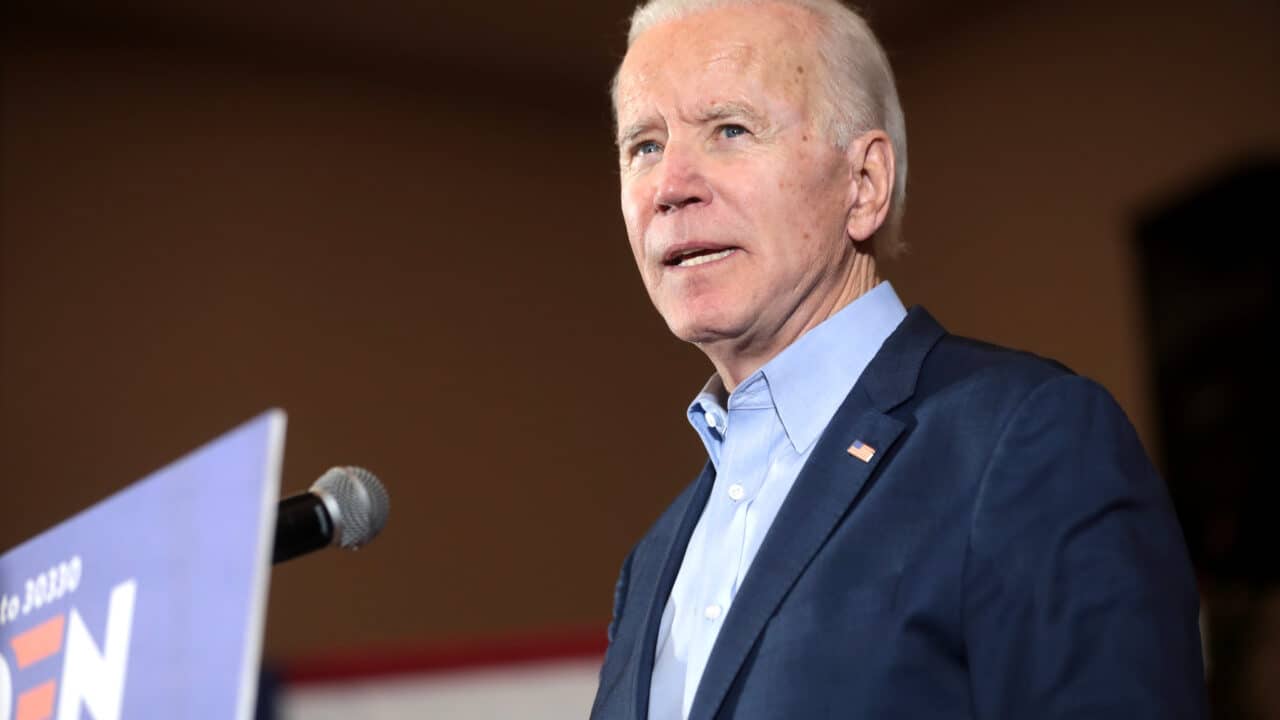 Joe Biden by Gage Skidmore is licensed under CC BY-SA 2.0
Joe Biden by Gage Skidmore is licensed under CC BY-SA 2.0
Independent contractors prize flexibility and prefer to be their own boss. But now the Biden administration wants them to have a boss.
Joe Biden once touted the worker flexibility provided by ridesharing apps, but now the Biden administration wants to force independent contractors to become W-2 employees with a boss. (Preferably a union boss who can collect dues and remit them to certain candidates with a “D” after their name.)
In a 2016 speech Biden noted ridesharing companies allow drivers the “freedom to work as many hours as they wish, manage their own lives as they wish.”
Vice President Kamala Harris also once noted the convenience provided by ridesharing which is made entirely possible by the flexibility afforded by being an independent contractor.
But then both Harris and Biden endorsed the union-boss written PRO Act which would force drivers to be a W-2 employee with a boss.
Biden and Harris now slam ridesharing in and of itself as a form of worker exploitation.
On March 7, 2020 Biden said he opposed allowing rideshare drivers to continue as independent contractors because “we can’t let corporations undermine basic rights.”
But that hasn’t stopped Biden and Harris from using the services for themselves. In fact the Harris and Biden campaigns used Uber and Lyft on at least 1,456 occasions, according to FEC reports.
Despite their assertion that the core rideshare model is exploitative, their campaigns collectively have spent at least $80,593 on Uber/Lyft rides. Biden’s campaign spent $11,695.17 on 400Uber/Lyft transactions, while Harris’s campaign spent $68,898.32 on 1,056 Uber/Lyft transactions. This spending was done over the duration of their respective presidential campaigns.
For example, a single July 26, 2019 disbursement shows “Kamala Harris for the People” spent $2,260.14 on Uber transportation.
A single March 5, 2020 disbursement shows “Biden for President” spent $292.97 on an Uber ride or rides.
Two days later, on March 7, Biden vowed to end the freedom for drivers to work as independent contractors, because he said: “We can’t let corporations undermine basic rights.” His campaign continued to use Uber and Lyft.
It is worth noting that 72% of app-based drivers in California would prefer to maintain independent contractor status. Additionally, by a 3-1 ratio, Americans consider rideshare app drivers to be independent contractors, as opposed to employees. Pew Research notes, in a large rideshare survey, that “the clear preference for a light regulatory approach among partisans in all camps is striking.” Biden and Harris are out of touch with the American people on this issue.
Most independent contractors, even outside of ridesharing, become an IC because they aren’t bound to a company. They are free to work when, where, and how they want. Many app-based drivers partner simultaneously with the direct competitors of the platforms.
At a time when households need to juggle taking care of their families, schooling, and health, independent contracting is more important now than it has ever been. Ridesharing is also an vital source of transportation for households. By a 5:1 ratio, residents of majority-minority neighborhoods say rideshare services like Uber and Lyft “serve neighborhoods taxis won’t visit” according to a landmark Pew Research Center survey.

